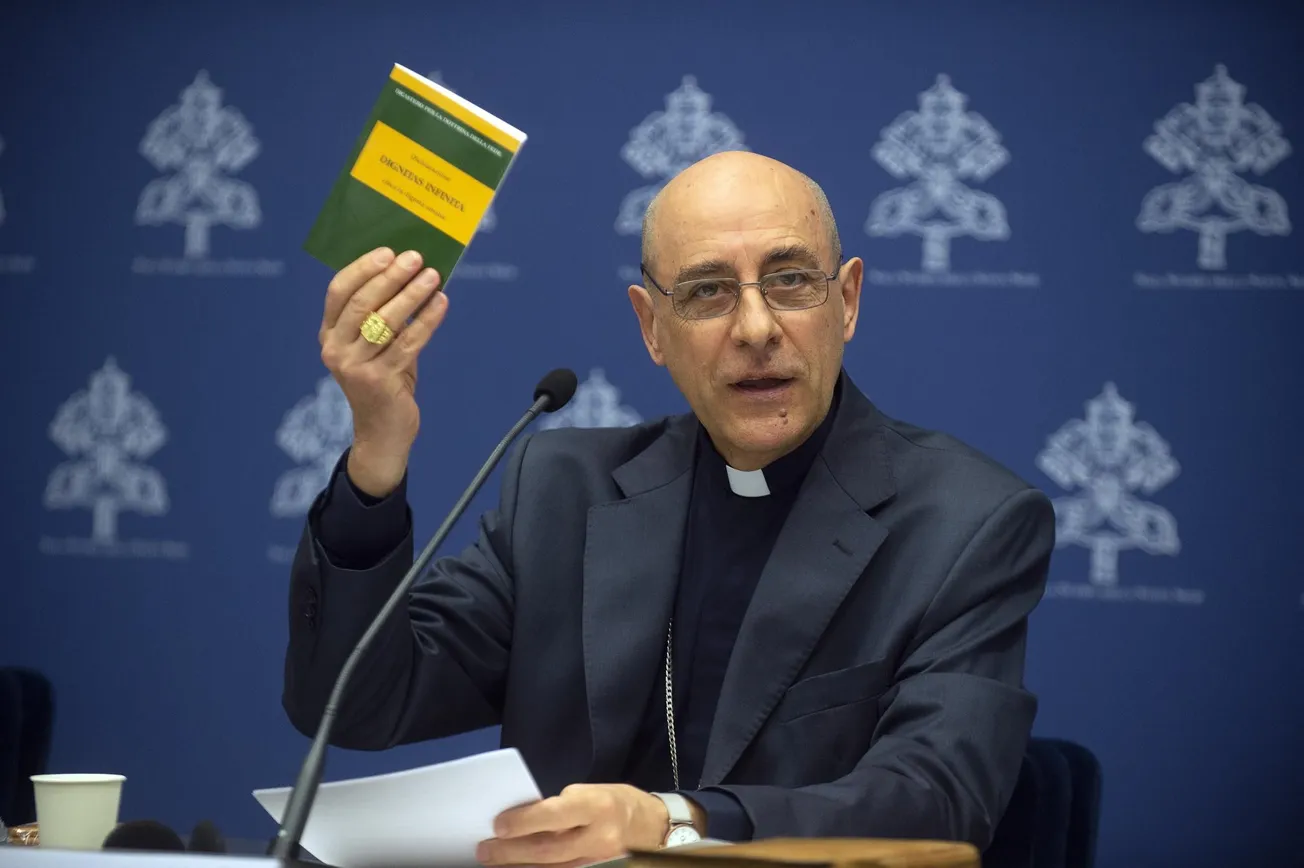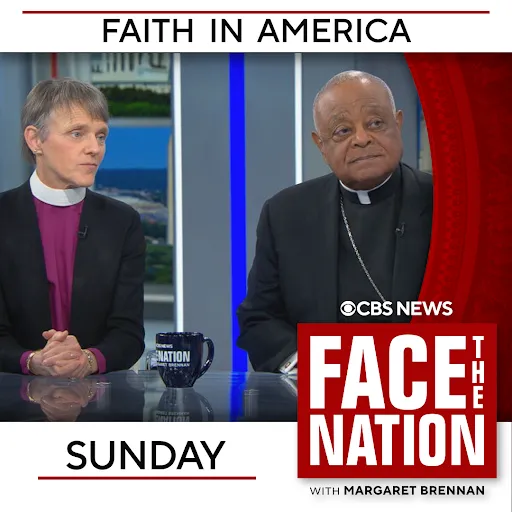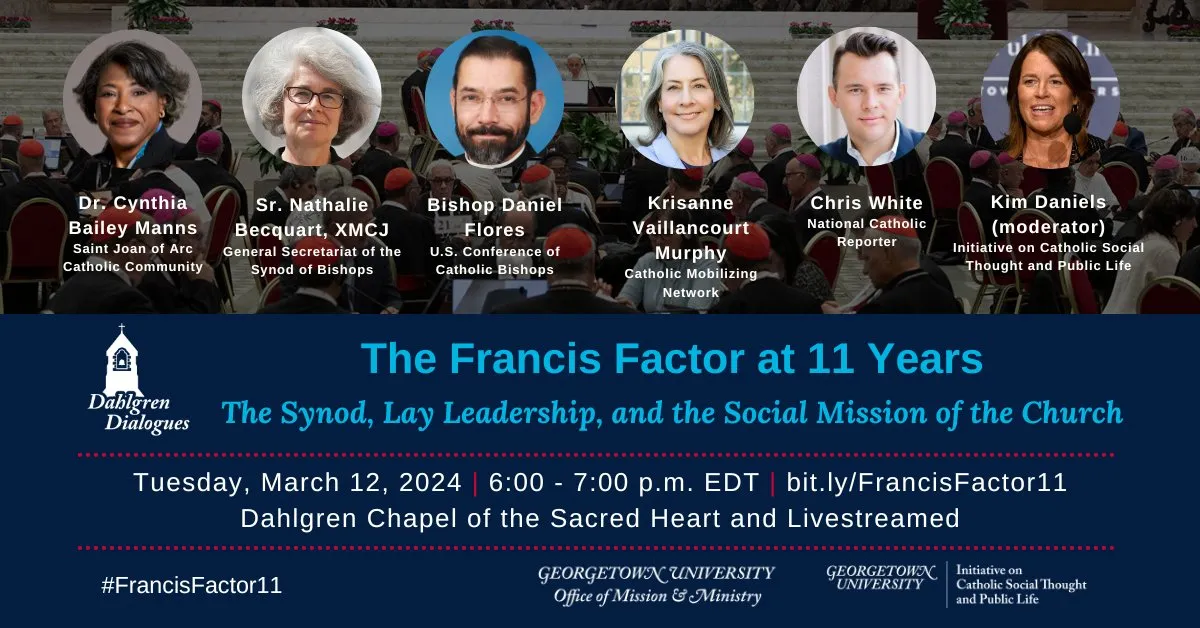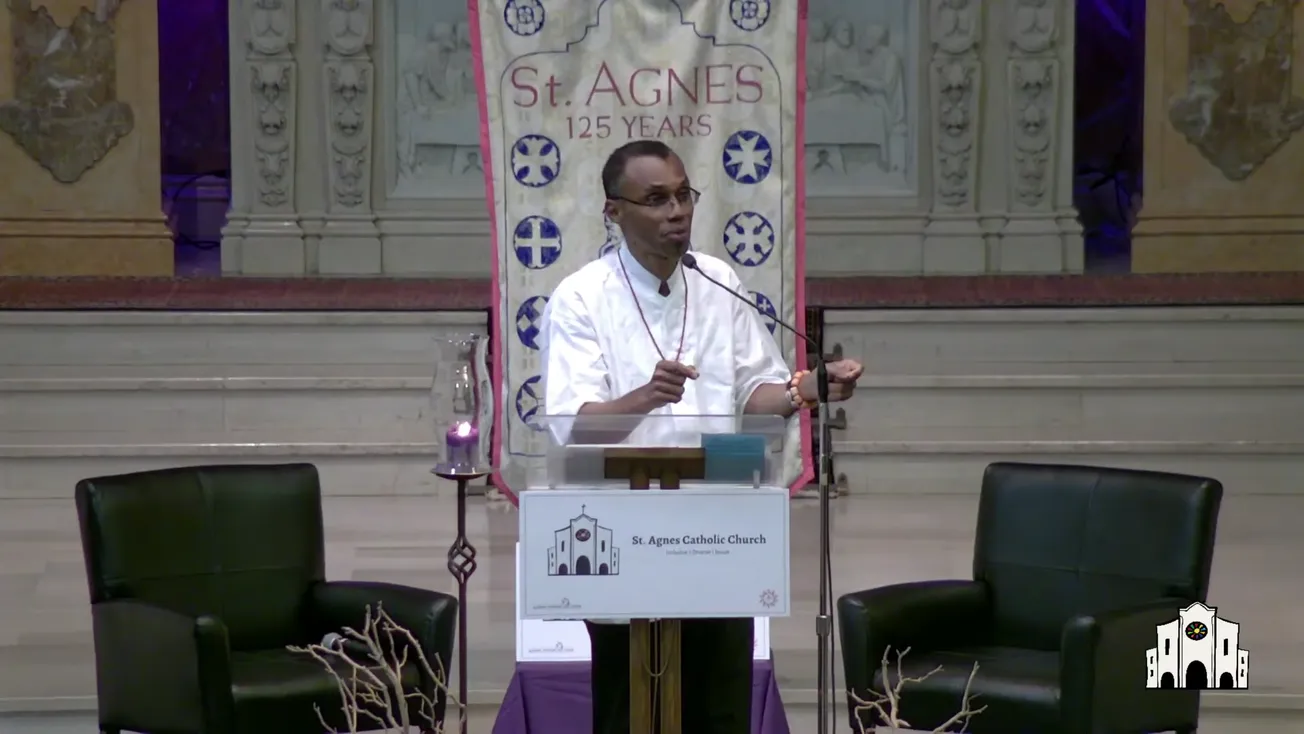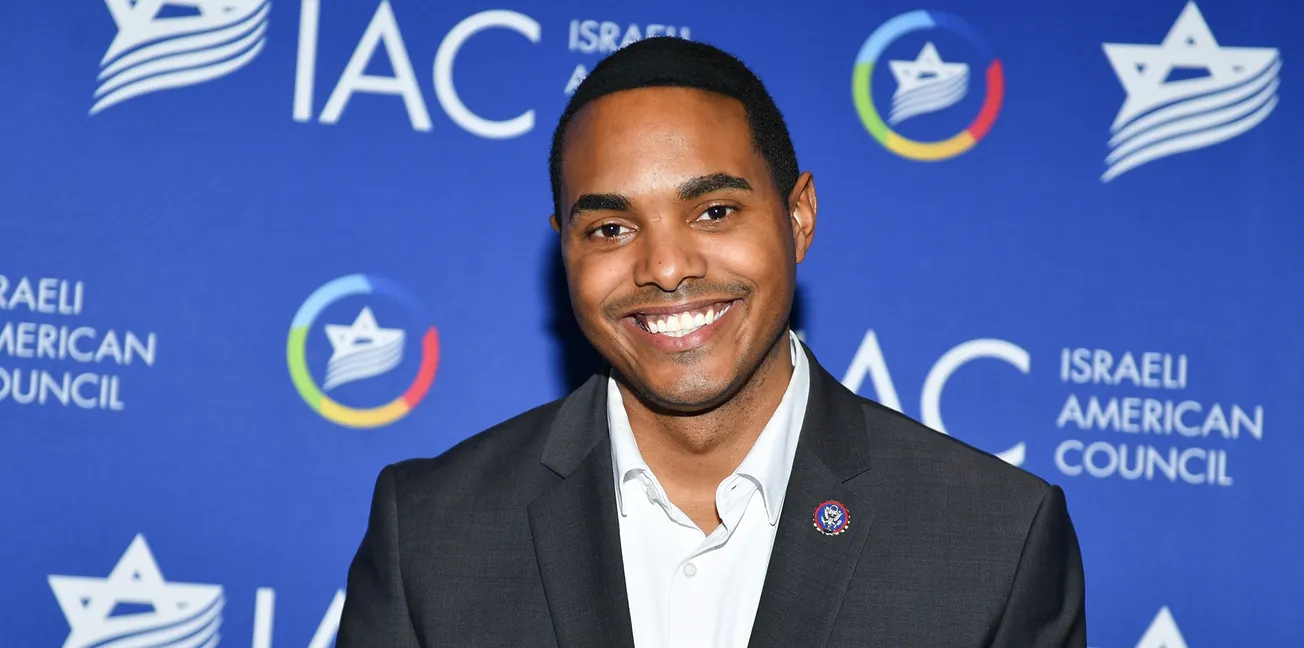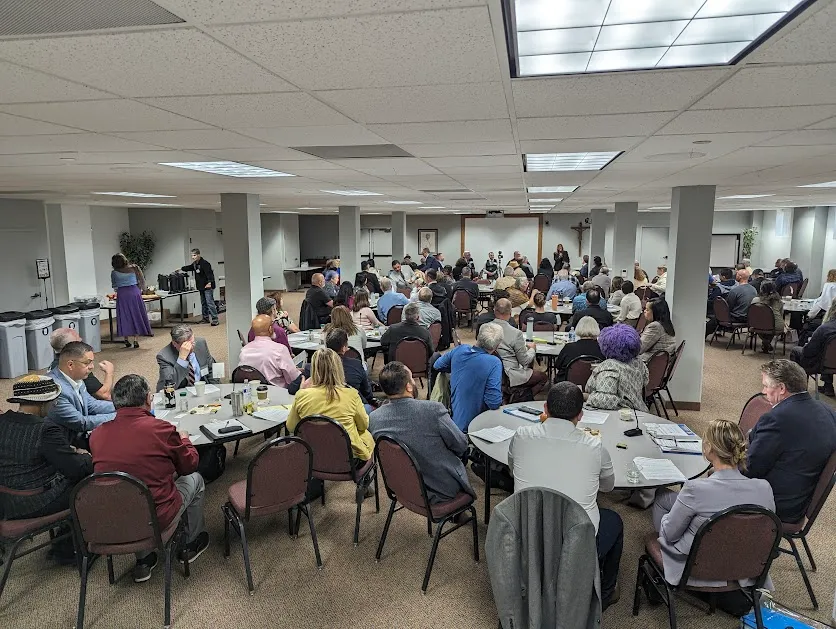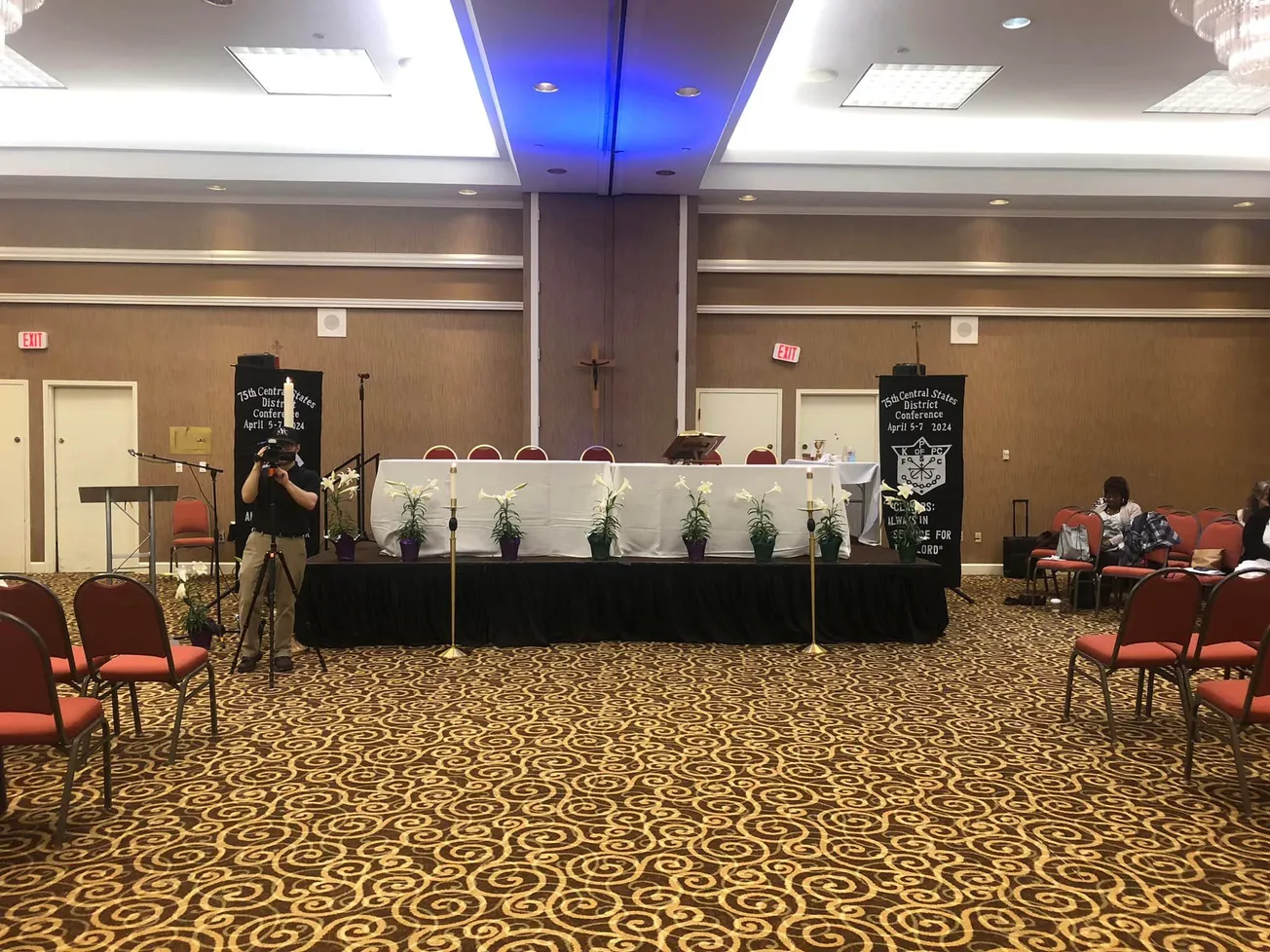A long-expected Vatican document on human dignity has drawn a mixed reaction from lay Catholics, many of whom have taken issue with its treatment of transgender people.
“Dignitas Infinita” (DI), a declaration released on April 8 by the Dicastery for the Doctrine of the Faith (DDF), covers a wide range of social concerns, including misogyny, disability, abortion, capital punishment, and gender theory—the latter of which the Vatican addresses in an official capacity for the first time.
“This dignity of every human being can be understood as ‘infinite’ (dignitas infinita), as Pope St. John Paul II affirmed,” the document reads, “He said this to show how human dignity transcends all outward appearances and specific aspects of people’s lives.”
Dichiarazione del Dicastero per la Dottrina della Fede “Dignitas infinita circa la dignità umana” - https://t.co/3SG8fLlRE5
— Holy See Press Office (@HolySeePress) April 8, 2024
The document, signed by the dicastery’s prefect, Cardinal Victor Manuel “Tucho” Fernández, cites a variety of papal and magisterial sources, including Pope Francis—who has widely been seen as a reformer. Fernandez, who announced DI with a livestreamed press conference in Rome, himself has recently been noted for a DDF pronouncement in December that allowed for Catholic blessings of same-sex couples.
One issue Pope Francis and his allies have been challenged on during his pontificate, however, is gender, which he has addressed in largely the same terms as his predecessor, the more conservative Pope Benedict XVI. The new Vatican document, though not authored by Francis, echoes a firm stance on Church teaching.
“Regrettably, in recent decades, attempts have been made to introduce new [human] rights that are neither fully consistent with those originally defined nor always acceptable,” the document reads, quoting Francis before offering an external verdict.
“Desiring a personal self-determination, as gender theory prescribes, apart from this fundamental truth that human life is a gift, amounts to a concession to the age-old temptation to make oneself God, entering into competition with the true God of love revealed to us in the Gospel.”
More specifically, DI rejects sex reassignment surgery, except in cases of intersex people, as impermissible.
“Any sex-change intervention, as a rule, risks threatening the unique dignity the person has received from the moment of conception,” it reads.
“This is not to exclude the possibility that a person with genital abnormalities that are already evident at birth or that develop later may choose to receive the assistance of healthcare professionals to resolve these abnormalities. However, in this case, such a medical procedure would not constitute a sex change in the sense intended here.”

Dr. Craig A. Ford Jr., a Black Catholic theologian who teaches at St. Norbert College and the Institute for Black Catholic Studies, was among several academics to respond to “Dignitas Infinita” this week with disapproval.
“As is the case with so many documents addressing controversial moral topics today, ‘Dignitas Infinita’ offers us a laudable moral horizon but also forces us to ask how much time will elapse until the Church’s official teaching will realize more fully that same horizon,” he shared on April 11 via New Ways Ministry, a progressive Catholic ministry based in Maryland.
“We need a world, as the document proclaims, where human dignity is inalienable, inviolable, and sacred. But we also need a world where the Church’s official imagination leads us to more nuanced ways to celebrate human freedom as the capacity to bring our lives into closer alignment with God’s call—something that, for trans and nonbinary people, also includes gender transition.”
The sentiments were echoed by Dr. Ismael “Ish” Ruiz, a postdoctoral teaching fellow in Catholic studies at the Candler School of Theology, who wrote that DI “violates the dignity of transgender persons.”
“No matter how much sugar-coating Pope Francis and the other Vatican officials engage in through pastoral caveats, this document is another reminder of what gay, lesbian, bisexual, and (especially) transgender persons yearn for but are continuously refused: recognition, grace, and dignity present in the fullness of their queerness.”
The X user Sunny (@walkthesunnyway), a transgender Black Catholic, spoke of DI as a revelation of Pope Francis’ true intentions in regard to transgender people, despite his recent overtures and willingness to dialogue.
“It's his prerogative & his legacy, I guess,” Sunny wrote, later adding a note of optimism. “The situation will steadily get worse, but transgender Catholics will prevail in the Church. Glory to God in all things.”
I saw from another source that this was five years in the making?? Which, if so, is confirmation that PF's personal warmth toward trans folks (which is not for nothing!) belies his solidly anti-trans papal position.
— afro himbeau ✊🏽🖤 (@walkthesunnyway) April 8, 2024
It's his prerogative & his legacy, I guess.
The U.S. Conference of Catholic Bishops did not directly address DI upon its release, but their spokesperson Chieko Noguchi says the body of prelates will be “studying and reflecting on it.”
“The document emphasizes the long tradition of the Church on the importance of always recognizing, respecting, and protecting the dignity of the human person in all circumstances, and how that needs to be understood, celebrated, and applied to the various situations and challenges we face today.”
Cardinal Wilton Gregory of Washington is one of several American prelates to have spoken glowingly of DI, which ultimately addressed gender ideology as just one of many focuses—including several that progressives have praised.
The Black Catholic archbishop, currently the only African-American cardinal in history, is considered one of Pope Francis’ closest allies stateside. He was also in Rome near the time of the document’s release.
“Everyone—maybe that’s an overstatement… People will probably find something that they agree wholeheartedly with and something that they will have to think about,” he told Vatican News, the official news organ of the Holy See.
“I think that’s the sign of a successful document. It affirms that which you understand, accept, hold and cling to, but it also stretches you to consider other dimensions of our ecclesial life, of our social life, that may pose a challenge.”
Nate Tinner-Williams is co-founder and editor of Black Catholic Messenger.


